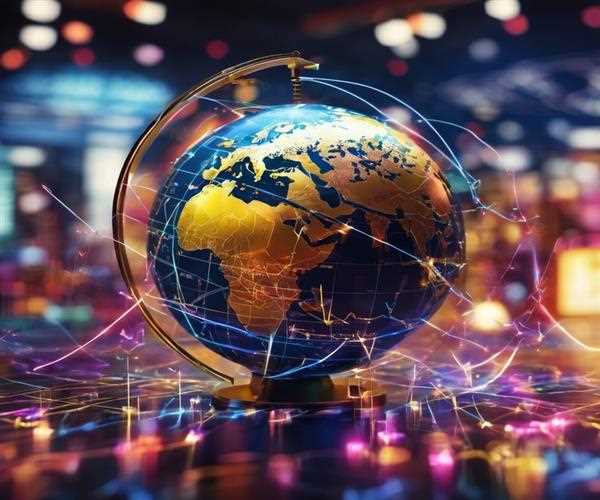The recent policies of different countries have left a great impact on the global economy. Initiatives including inflation management, economic development, and sustainable environment are the issues affecting international business, investment, and financial systems. These shocks include interest rate movements, fiscal policy measures among others which are rocking all economies both the developed and developing ones; altering the course of their economies.
Global borrowing costs have been increased by the US Federal Reserve’s monetary policy decision to increase interest rates especially to emerging markets. These have made servicing of debts expensive of businesses and governments especially in the Latin America and African region, hence slowing their development. This has placed more pressure on monetary circumstance in already strained economies.
China has changed policies mainly targeting economic reforms aimed at tackling slowdown after the pandemic. With the aim of strengthening domestic demand and infrastructural activities, these actions have proven beneficial in stabilizing the global supply chain in china. It has been seen that a rise and fall in the demands of the Chinese market has had direct impacts on all its trade partners, especially the neighbors.

Europe has had both pull factors and push factors after it opted to adopt sustainable economic changes such as green transitions. As such long-term policies, they have been associated with short-term problems such as increased cost of energy and economic transformation. These challenges have differed in their effects among the European Union member states, mostly those in the old industrial age affecting the region’s stability.
Global economy is not set in concrete and there are short term and long term requirements that nations face. This is so because globalization refers to the interconnection between people and countries hence changes in the large economies impact on trade, investment and therefore economic growth. , which unfolds at the same time, the businesses and governments should be able to understand the system and get ready to contend with this changing economy.
Conclusion
In conclusion, It can be said that the recent policy changes in the global economy have undoubtedly triggered a shift of the paradigm. These are measures such as monetary adjustments in the United States, fiscal and environmental changes in China, and in the EU in particular, such actions are changing trade structures and growth models. Since countries are adjusting, it is possible to comprehend that the effects will be global due to industrial relations in global markets for trade, investments, and future developments. Consequently, the global economy will sustain its development as well.